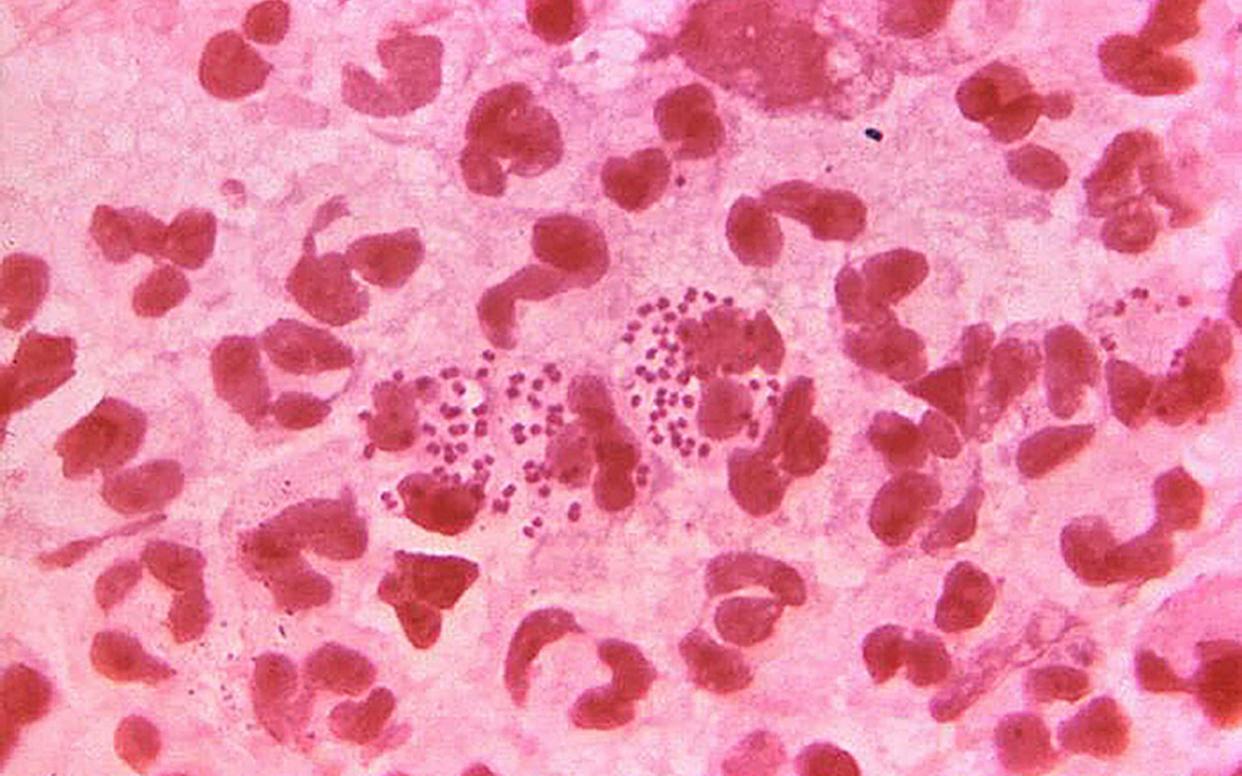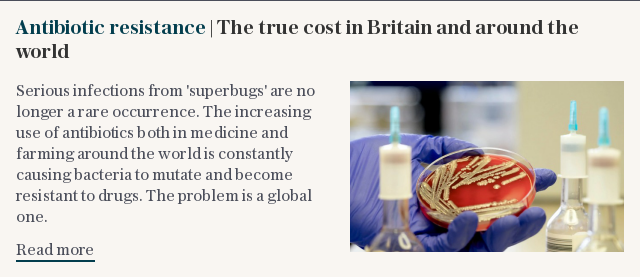Warning over first case of 'super-gonorrhoea' acquired in the UK

Health officials are warning of the first case of super-gonorrhoea which has been found to be acquired in the UK.
The case involving a heterosexual woman, follows growing concern about the rise of drug-resistant sexually transmitted diseases across the world.
Last year officials warned that a Briton had contracted the “world’s worst ever” case of super-gonorrhoea.
The case occurred after the man had a sexual encounter with a woman in south-east Asia.
But the latest case was acquired in the UK.
Public Health England (PHE) issued the alarm about two cases, both involving heterosexual women living in Britain.
One of the women appears to have acquired the disease in Europe, officials said, but the other case was acquired in the UK, though officials say the woman had links to Europe.

Both cases were resistant to both the standard drugs used to treat the infection, but have now been successfully treated, with one having to go on a drip, officials said.
They said there was so far no evidence of links between the two cases, or with the case from last year.
Previous sexual partners of both women are now being traced.
It follows warnings that resistance to the key drugs is growing across the world, including in the UK.
Dr Nick Phin, Deputy Director of the National Infection Service at Public Health England, said:
“Although these two cases of extensively resistant gonorrhoea have been successfully treated, contact tracing is underway to ensure there is no onward spread. This is a timely reminder of the importance of avoiding getting or passing on gonorrhoea.

“Everyone can substantially reduce their risk by using condoms consistently and correctly with all new and casual partners. Anyone who thinks they may have been at risk of getting an STI (sexually transmitted infection) should seek an STI screen at a sexual health clinic.”
Gonorrhoea can lead to infertility if left untreated and is known to cause symptoms including unusual discharge and inflammation.
Roughly one in 10 men and more than three quarters of women show no recognisable symptoms when infected with the disease.
Cases of gonorrhea have risen by 22 per cent in one year, with almost 45,000 diagnoses in 2017, figures for England show.
And diagnoses of syphilis are at their highest level for nearly 70 years, with 7,137 cases last year. The figure is a 20 per cent rise on the previous year, and more than twice that recorded in 2012.

The chief medical officer has warned that without action to cut reliance on antibiotics, Britain could end up in “the dark ages” where common operations become too dangerous to perform. Without antibiotics, 3 million operations such as caesareans and hip replacements could become life threatening, health officials warned.
Latest figures suggest that more than 2,000 deaths a year in the UK can be attributed to antibiotic-resistant infections.
Surveys suggest that around four in ten people expect to be prescribed antibiotics when they visit their GP for illnessses such as coughs and colds, even though the vast majority are caused by viruses, and will not be helped by drug treatment.


